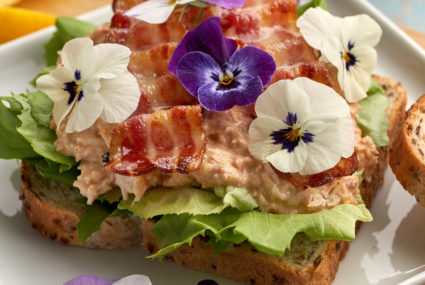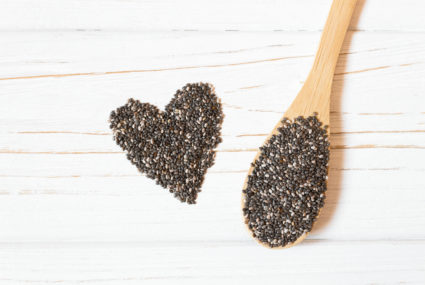Our immune system is an amazing, complex system that changes and develops throughout our lives. It’s impacted by everything from the foods we eat to the environment we live in and is our body’s way of keeping us healthy and thriving.
The role of the gut in supporting our immune system has had a lot of attention in recent years as more and more research shows just how important it is. Scientists now believe that around 70% of our immune system is based in our gut*, yet there is still so much to learn about it.
One thing that is agreed is that our diet is key to a healthy gut, but how does it work and what should we be doing to help? We’ll give a simple overview of the evidence below.
Our gut is a first line of defence
It’s easy to take the digestive process for granted, after all, it happens without us thinking about it! But it’s actually quite marvellous – our gut lining is an incredibly thin line of cells that create a barrier between what enters our bloodstream and what gets eliminated as waste.
Behind this lining are cells that are directly linked to our immune system. These cells continually monitor what’s in our gut and tell our body to make antibodies to fight anything that could make us sick.
This is where ‘gut health’ comes in.
Gut health and the ‘microbiome’
Our gut contains billions of bacteria that make up what is known as the ‘gut microbiome’. If we have too many ‘bad’ bacteria, it can confuse our immune system into attacking its own cells, including the healthy ones.
Not only does this make it easier for us to get sick, but it also makes it harder to recover.
As well as supporting our immune system, a healthy gut has other health-enhancing benefits too. When we have gut issues, we may experience bloating, cramps or IBS. It even affects our mood! The gut is where our body makes most of its serotonin, the happy hormone.
How to support a healthier gut
The key to a healthy microbiome is diversity – our bodies are at their best when we have lots of different types of bacteria. Here are five simple lifestyle changes that can have a big impact on creating this diversity:
1. Eat a variety of plant-based foods
Our healthy gut bacteria love to feed on fresh fruits, vegetables, whole grains, beans, seeds and legumes that are full of healthy fibre and phytonutrients. Eat a rainbow of colours to help your body feel light and vibrant! And don’t forget the fibre, a vital ingredient of digestive health; most of us are not getting the recommended daily 30g we need.
2. Get plenty of fresh air
Not only does it make you feel good, but spending time outdoors exposes your body to bacteria that are good for your body! It’s not good to spend too much time in sanitised environments, so go outside and walk barefoot, do some gardening and have a picnic in the park – when we’re allowed, of course!
3. Exercise
When we get our heart pumping it circulates blood through every organ in our body, including the gut. Some light exercise every day will help get things moving!
4. Reduce processed foods
Refined carbohydrates, sugar and fried foods can lead to an imbalance of bad bacteria in the gut and cause inflammation that your immune system has to spend precious resources fighting against. Do your gut a favour and reduce processed foods in favour of fresh, wholesome and tasty meals.
5. Eat mindfully
The act of chewing sends signals to our stomach to prepare for digestion, so sit down and enjoy your food! You’ll make it easier for your body to digest and you’ll be less likely to overeat.
We’re all looking for ways to support our immune system and maintaining a healthy gut has been proven to be one of the best things we can do to help. Every single one of us has a unique gut microbiome that is influenced by our lifestyle and diet, and the power is in our hands to improve our own health.
The diet and lifestyle recommended by Alfred Vogel in his Guiding Principles is completely supportive of a healthy gut and immune system. Vogel was certainly ahead of his time in his understanding of health, and science is now bringing to light even more information to support this!





